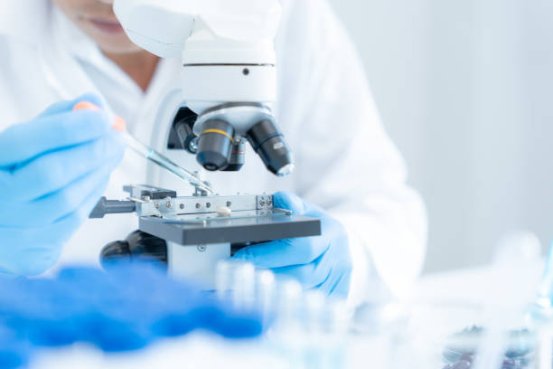Biopharmaceutical production is evolving rapidly, transforming how medicines are developed, manufactured, and delivered to patients worldwide. These innovations enhance efficiency, quality, and outcomes across the healthcare spectrum.

Enhanced Cell Culture Technologies
Advanced cell culture techniques are significantly boosting production capabilities in biopharma. Methods like fed-batch and perfusion processes yield higher-quality biologics with greater purity. By precisely controlling factors such as temperature, pH, and nutrient availability, manufacturers can accelerate production timelines, reduce costs, and optimize output. Continuous processing also enables real-time monitoring and adjustments, supporting consistency, efficiency, and safer therapies.
Single-Use Technologies (SUT)
The adoption of single-use bioreactors and disposable systems has revolutionized operations by minimizing cross-contamination risks and cutting cleaning downtime. This accelerates setup times and supports faster scaling with flexible production models. For smaller biotech companies, SUT provides the opportunity to innovate without large capital investments, enhancing competitiveness and industry agility.
Automation and Artificial Intelligence
Automation and AI are increasingly integral to modern biopharmaceutical production. Intelligent systems analyze extensive data sets in real time, facilitating predictive maintenance and optimized workflows. Robotics handle repetitive tasks, allowing skilled personnel to focus on complex operations. These technologies improve reliability, reduce waste, enhance safety, and contribute to more efficient and resilient manufacturing processes.
Advances in Quality Control and Assurance
High-throughput screening and advanced analytical methods, including chromatography and mass spectrometry, enable stricter quality assurance. Detailed testing and characterization ensure product safety, consistency, and regulatory compliance. Stronger quality control strengthens trust among regulators, healthcare providers, and patients, confirming that biopharma products meet rigorous standards.
DNA and RNA Technologies
The use of DNA and RNA platforms represents a transformative shift. mRNA technology, popularized by COVID-19 vaccines, allows rapid development and production of therapies. Gene therapies continue to advance, offering potential treatments for conditions once deemed untreatable. These breakthroughs pave the way for personalized medicine tailored to individual patient needs.
Sustainable Biopharma Practices
Sustainability is increasingly central to biomanufacturing. Renewable energy, waste minimization, and water conservation are being incorporated into production processes. Circular economy strategies, which repurpose by-products as raw materials, are gaining traction. These approaches reduce environmental impact, cut costs, and boost operational efficiency while enhancing industry competitiveness.
Implications for the Industry and Healthcare
These innovations are fostering a shift toward agile, data-driven, patient-centric production models. Greater efficiency, reduced costs, and higher-quality outputs enable companies to respond rapidly to changing healthcare demands. Patients benefit from quicker access to safe, effective therapies, while organizations gain adaptability and resilience.
Looking Ahead
Observing these trends highlights the growing role of biopharmaceuticals in addressing global health challenges. Staying informed on emerging developments is crucial, as they will shape the future of therapy production and delivery. Resources such as the Biotechnology Innovation Organization (BIO) and the International Society for Pharmaceutical Engineering (ISPE) provide valuable insights into this dynamic field.
